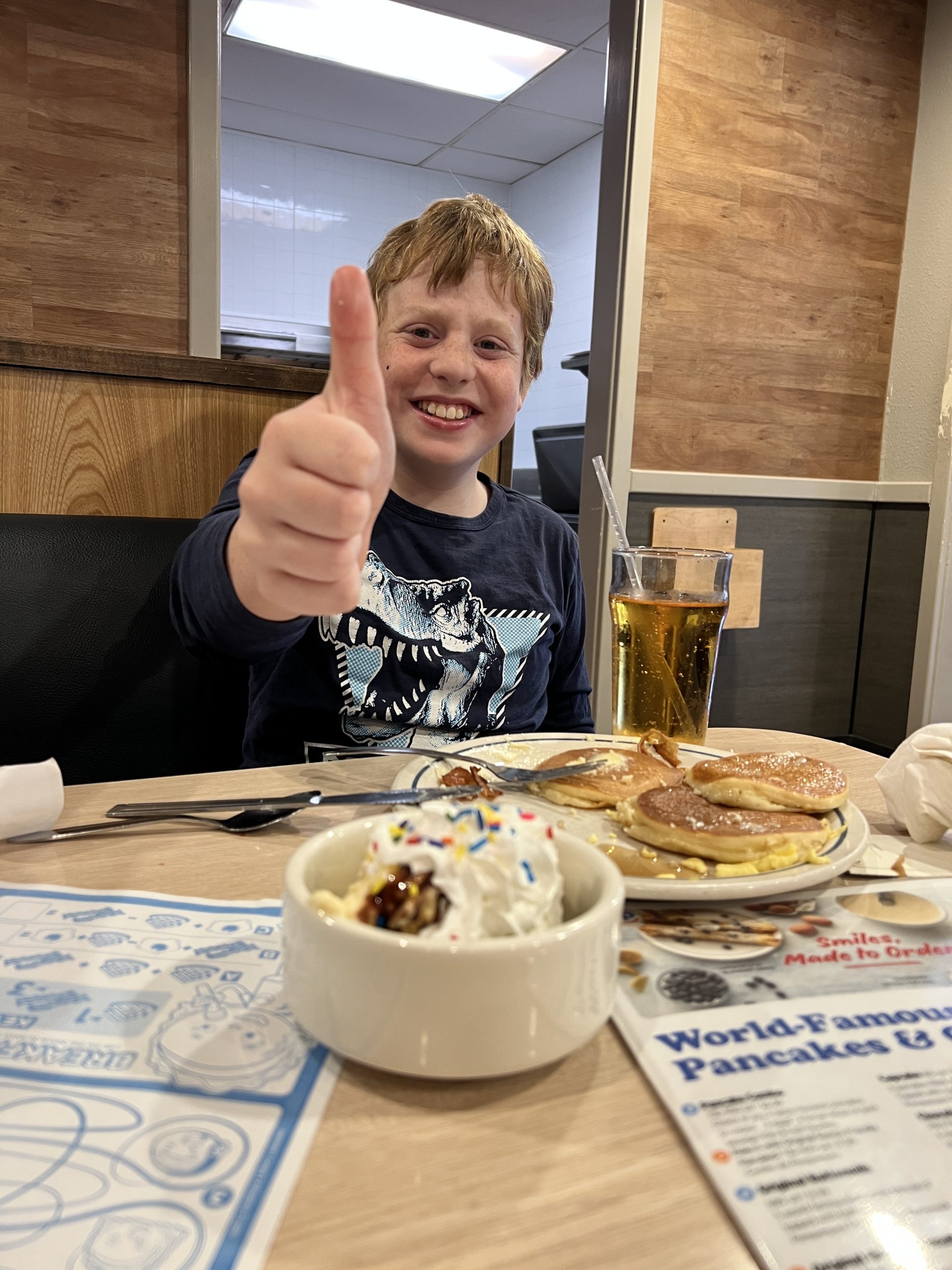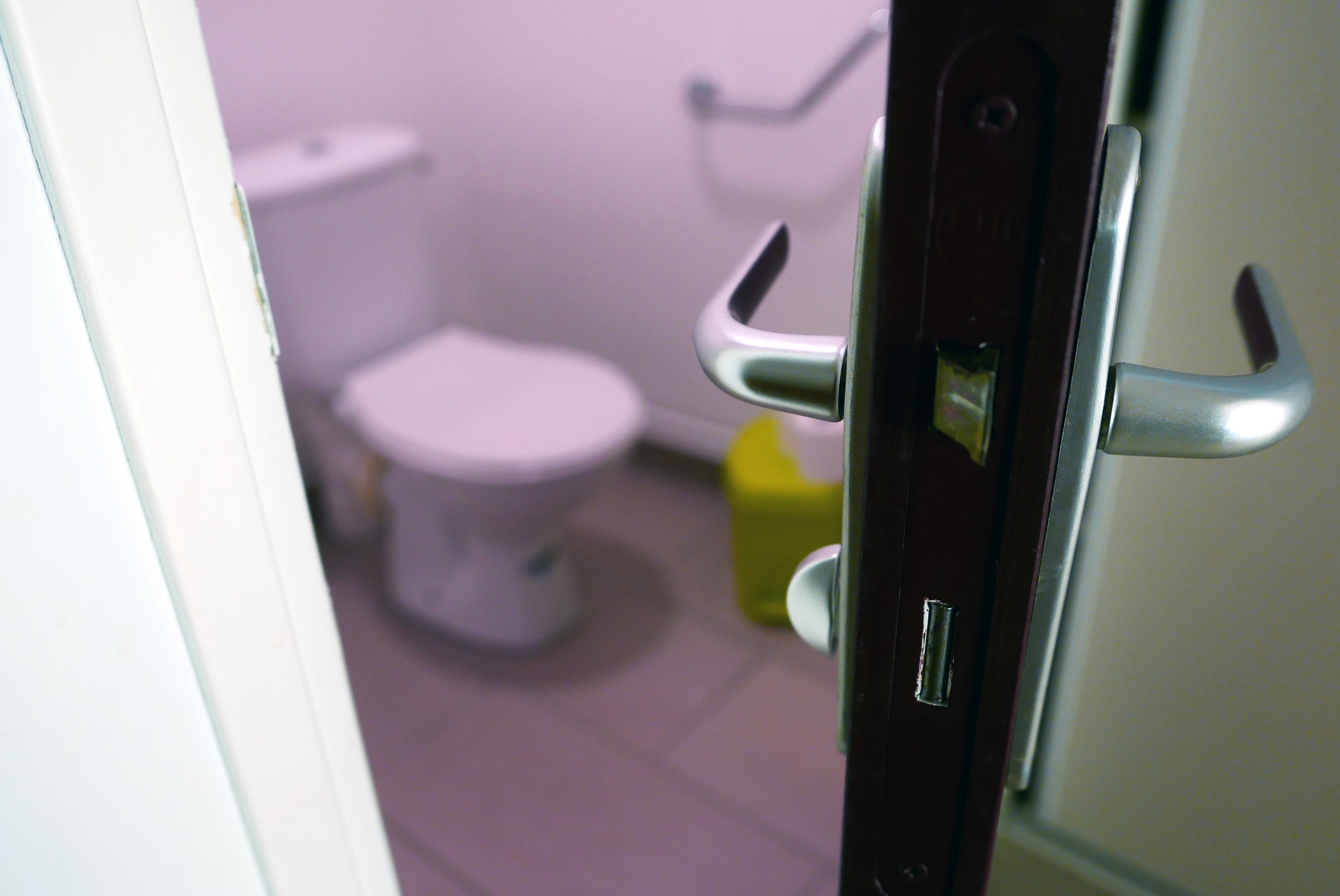This week is Breastfeeding Awareness Week, and without wading into any of the political mine fields, I wanted to share my two very different experiences with breastfeeding. Before I begin, let me start by saying that how you feed your baby is your choice. If you choose formula for your baby, who the hell am I to judge you. And, if you are one of those women whose body doesn't produce milk, I can only imagine how charged this subject must be to you.
OK, caveats out of the way....
My breastfeeding journey is not a typical one. My first child was full term and perfectly healthy. In the hospital, with the help of a lactation consultant, we were able to get her to latch immediately. I had a few issues with one breast thanks to an inverted nipple, but that was quickly resolved with the introduction of a nipple shield. When we left the hospital, I was sure that I would be able to breastfeed for a Irene's first year. My supply was good, Irene took to the breast and was growing beautifully.
For the first four weeks, I exclusively breastfed. My husband and I had talked, and we agreed that we didn't want to introduce either a bottle or the pacifier for four weeks so as to avoid any nipple confusion. By week four, I had built up a decent supply of frozen breast milk in the freezer, and my husband was dying to get in on the act of feeding his daughter. I was all for it - especially if it meant Peter would take the 2 am feeding! So, when Irene was four weeks old, we introduced a bottle of breast milk. She took the bottle just fine, and seemed to have no trouble going back and forth between the breast and the bottle.
Each time Irene had a bottle, I would pump. I wanted to make sure to keep my supply up as well as keep the freezer stocked so when I returned to work Irene would still be only getting breast milk.
By the time Irene was three months old, I started to notice a decline in the amount of milk I was able to pump. Over the next month, Irene's weight gain slowed, and every time after nursing, she seemed to still be hungry. I was supposed to go back to work in two months, and the supply of milk I had worked so hard to stockpile was dwindling. Our doctor started to get concerned with the decline in Irene's growth, and gently suggested we should consider supplementing my breast milk with formula.
The first time I heard that word, "formula", I went home and cried. I felt like my doctor was telling me that I was failing Irene. I felt like I was failing as a mother. I had so much confidence when I left the hospital that breastfeeding Irene would be a breeze, and now, I was being told to consider supplementing with formula. How could this of happened?
Before totally giving in, I called a local lactation specialist and made an appointment. I was hopeful that she could help me turn things around and get my supply back to where it needed to be. The first thing she did was check to see how much milk Irene was actually getting by having me come at one of Irene's feeding times. We weighed Irene before I fed her, nursed her and then weighed her again. The news was not good. Despite spending 10 minutes on each breast, Irene was getting something like 3 ounces of milk. The lactation consultant told me to start herbal supplements and to begin pumping after each breastfeeding session to try and increase my supply. I spent the next two months doing what she asked, only to see about two ounces of milk A DAY get pumped and stored.
It became painfully obvious that my supply was not going to get me to a year, let alone Irene's seventh month! With a heavy heart, I bought my first can of formula, and within three weeks of that purchase my supply quickly dried up.
Part of why my supply went down was Irene came to like the bottle more than the breast because it was easier. In hindsight, we made two huge mistakes in how we fed Irene a bottle. In all the classes we took on breastfeeding, nobody taught us how to give a bottle properly. Here is my husband giving his daughter her a bottle.
Look at how proud and happy he is! Now, if only we knew not to hold the bottle upright, allowing the milk to easily flow out the nipple and into her mouth. By holding the bottle this say, Irene didn't have to work as hard to get the milk out.
Our other big mistake was to believe the bottle manufacturers that as a baby gets older, you need to change the nipple to allow the milk to flow more freely. Your boobs don't suddenly grow more holes to allow the milk to come out faster, why should a bottle nipple.
Sigh.
By the time we figured all of this out, the damage to my milk supply was done and Irene was now a formula baby. At least we would be able to take what we had learned with Irene and ensure the same mistakes would not be made with our second child.
When I was pregnant with Sam, Peter and I talked a lot about how this time would be different. We would not introduce a bottle for at least two months and this time, Peter and I both knew the proper way to hold a bottle. (If you are wondering, you hold it tilted to the side so the milk is in the nipple, but not fully, thereby making the baby really need to suck to get the milk out - just like with a breast.)
Of course, all of this planning was thrown out the window when Sam was born at just 24 weeks. Not only would he not be breastfeeding for a while, it was possible he would never learn how to latch.
My first night after having Sam, a nurse wheeled a breast pump into my room and told me I needed to get pumping. Personally, I thought she was crazy as I could not believe that my body would know to produce milk at this point... I had only been pregnant for 24 weeks. But, knowing how desperately I wanted to breastfeed my child, I did was I was told, and attached the cones of the pump to my breasts and began pumping. Surprise of all surprises, the nurses were not crazy, and I was already producing milk. Little did I know that day was the beginning of a long relationship with the pump.
My last day in the hospital, the NICU lactation consultant came by to see me. We talked for a long time about the importance of breast milk for preemies. She was very supportive and did her best to reassure me that if I took care of myself and pumped regularly, I would be able to provide for my son. She strongly suggested I rent a hospital grade pump as it was more efficient and gentle. She reminded me I would be pumping for a long time, and the nicer I was to my nipples, the happier I would be in the long run.
Pumping while having a child in the NICU is trying. The exhaustion of a newborn is amplified by the stress of the NICU. You need to pump on a newborns schedule: every two to four hours. The worst is the pumping in the middle of the night. It's not like you are rewarded when you get up at 2 and 4 am by cuddling your precious baby... no, you are cuddling a mechanical device. Despite the exhaustion, I never skipped a session. I did the math at one point and realized I had pumped 706 times by the time Sam was discharged from the NICU.
I made it my personal mission to provide milk for Sam. I was not able to gestate him properly, and I was not able to be there for him 24/7 in the NICU, so the one thing I could do for him was provide milk. I was determined to never give Sam formula. Well, not pure formula. The NICU had to fortify my breast milk with formula to increase Sam's calorie intake.
I was lucky because my hospital was very supportive and encouraging when it came to pumping and breastfeeding. I had a pump next to Sam's isolette, and a lactation consultant available to me daily.
When Sam was 29 weeks old, the lactation consultant came by to help me start "recreational breastfeeding". From what I understand, babies do not really develop the ability to suck until they are around 31 weeks, but the lactation consultant felt Sam was showing strong sucking ability with his pacifier, and she wanted to introduce him to the breast early, hoping to make breast feeding a possibility.
And she was right. We moved him down to the breast, and right away Sam tried to latch on. Of course my nipple was bigger than his mouth, but he at least tried. Within a week, Sam was latching and nursing. Over the rest of his NICU stay, we worked and worked with Sam to ensure he was nursing well. He became a champion breast feeder by the time we were discharged. It also didn't hurt that I was producing enough milk for triplets.
We also introduced the bottle in the NICU, and were able to use our knowledge of what not to do to ensure that we fed him correctly.
Now, Sam is 23 months actual/19 corrected and still breastfeeding. In fact, I have tried to wean Sam three times, and have failed each time. Part of my failure is my fault: I am just not ready to stop. Part of the failure is Sam's fault: he loves his boobies and will not take milk from us form a bottle/cup/sippy cup/straw cup/etc.
I will wean him one of these days, and when I do, I will take a moment to celebrate the fact that I was able to nurse Sam for as long as I wanted.
What have I learned from my two different experiences:
- Learn from past mistakes so as not to repeat them.
- Relax. Just because you had trouble with one baby doesn't mean you will have trouble with the second. Of course, you still might so know the signs that something isn't going right.
- A good lactation consultant is invaluable. Had I consulted one earlier with Irene, things might have been different, and if it were not for the lactation consultant in the NICU, I doubt Sam would still be nursing.
- Never judge another mother for how she feeds her baby as you never know what the circumstances are behind her choice.
- Formula fed or breastfed, no matter how your baby gets their nutrition, shower them with love and everything will be alright.










Its full of great information for new mom’s, like myself.
Not to mention you have two cutie pa-tuties!!! Lucky lady!
And such a helpful and willing husband.
Which breast pump did you find adequate?
Did you find pumping at 24 weeks to be beneficial? If one hadn’t gone into labor at that point, would you suggest to start pumping at that point?
Did you try any herbal supplements to assist with milk supply?